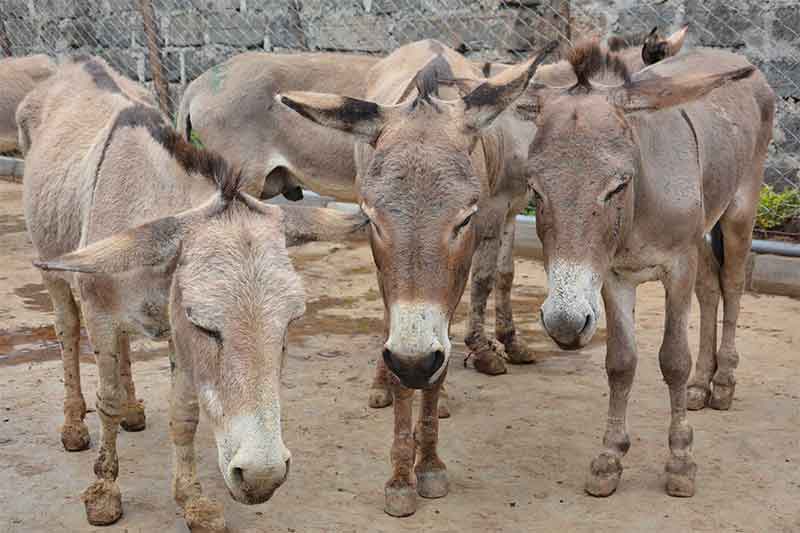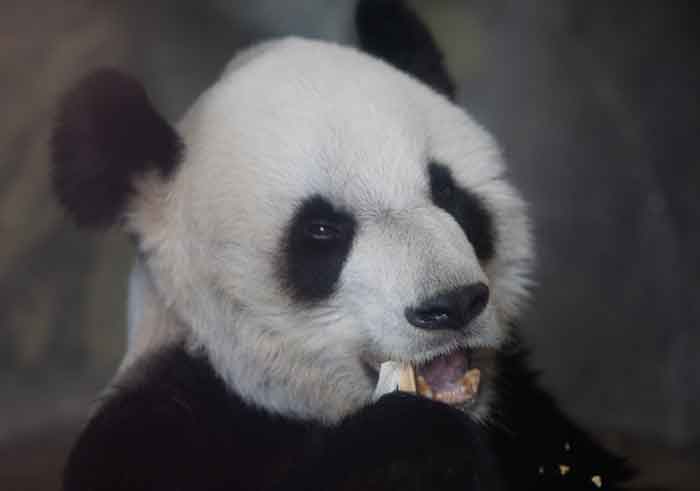Co-Written by Shradha Kumari Sikaria & Karen Lobo

With thousands of animal cruelty cases being reported every day, this rising animal abuse is a very saddening, yet neglected issue happening worldwide, with people of various social and economic strata indulging in this heinous act. Between the years 2012 to 2016, about 24000 cases of animal cruelty were reported in India under the Prevention of Cruelty to Animals Act (PCA). Horrific cases of animal abuse such as the poisoning of 50 stray dogs in 2019 and the most recent case of the apparent murder of a pregnant elephant in Kerala are some examples showcasing the magnitude of this problem.
The intriguing question here is- what could be the reason behind such barbarous behaviour? Studies have suggested that animal cruelty could be one of the markers of violence towards people, specifically domestic violence and child abuse. Although it is not clear if abusing animals makes a person more likely to abuse other people, however, prevailing evidence suggests that abusers tend to target victims which include animals that are physically weaker than themselves. A study carried out in 2017 reported that 89% of women taking care of pet animals, while being in an abusive relationship claimed that their pets had been threatened, harmed, or killed by their abusive partner.
Another important issue manifesting from animal cruelty is wildlife trading. Yearly, tens of thousands of animals are captured from their natural habitat or bred in captivity and then sold off to illegal wildlife trades. They are sold as exotic pets, in zoos or for circus entertainment, for experimentation, for food, for various body parts like their skin, and to make ornaments. Animals suffer immensely as they are passed from one dealer to another or killed on site in dreadful ways.
Another often ignored downside to it, that humans need to understand is the harm they are inflicting on themselves by carrying out such acts. The illegal and unregulated trades have been postulated to cause the spread of various infectious diseases such as HIV/AIDs, Ebola, Severe Acute Respiratory Syndrome (SARS), H1N1 and many others. Sick animals could be probable carriers and transmitters of such dangerous pathogens.
Different laws have been passed against animal cruelty in India, such as the PCA which was legislated in 1960. This Act came into being with an intent to prevent the infliction of unnecessary pain and/or suffering on animals.” Section 11 of the Act deemed the treating of animals cruelly by beating, kicking, torture, over-driving, neglect and other way as a punishable offence. The accused was made liable to pay a fine between ten to fifty Indian rupees. The Act further accorded that a second offence committed within three years of the previous offence would entail a fine of not less than twenty-five rupees extendable to one hundred rupees or the accused may be imprisoned for a term which may extend to three months or both. Despite this act being in place, the problem is that there have not been any amendments to it.
Amendment bills to the PCA have been introduced over the years. In 2011, a draft bill titled the Animal Welfare Act 2011 was introduced by the Animal Welfare Board of India (AWBI) in the Parliament to remove the present PCA. The draft bill added a few more sections of cruelty to animals, making the bill more extensive, and also prescribed greater and more fitting penalties for cruelty towards animals by multiplying the old fines, under the PCA, by thousands. Following this, the Animal Welfare bill was introduced in 2014, and another Private Member Bill was introduced in 2016, both calling for higher penalties against animal cruelty. Sadly, none of these three bills have till date been passed in the parliament This leaves us stuck with an Act which came into force 60 years ago and has just been there, unrevised ever since.
It is a well-known fact that all living beings contribute to the ecosystem, animals included. According to Dr. Aysha Akhtar “We have consistently viewed our health in a progressive vacuum ignoring its connection with the environment, and more specifically, our relationship with other animals. But this needs to change. Our health is intricately tied with how we treat animals. It has always been so, but today there is real evidence to show just how many of our greatest public health threats relate to animal treatment be it violence, infectious disease epidemics and pandemics etc.” Protection of animals and their rights has always been a debatable topic and paying a fine of 50 rupees or 100 rupees, though adequate previously, will not prevent animal abuse from happening in the current era. Moreover, there is no section or law against wildlife trading and transportation under the PCA. Therefore, there is a necessity to revise the Act. Authorities, therefore, need to take responsibility and institute stricter laws and regulations to prevent animal cruelty in all possible ways and for the public to understand the seriousness of this problem.
Shradha Kumari Sikaria is a graduate in Chemistry, Zoology and Microbiology with a Master of Public Health (Epidemiology) degree from Prasanna School of Public Health, Manipal Academy of Higher Education (MAHE), Manipal, India.
Dr. Karen Lobo is a medical doctor with a Master of Public Health (Epidemiology) degree from Prasanna School of Public Health, Manipal Academy of Higher Education (MAHE), Manipal, India.
SIGN UP FOR COUNTERCURRENTS DAILY NEWSLETTER















































